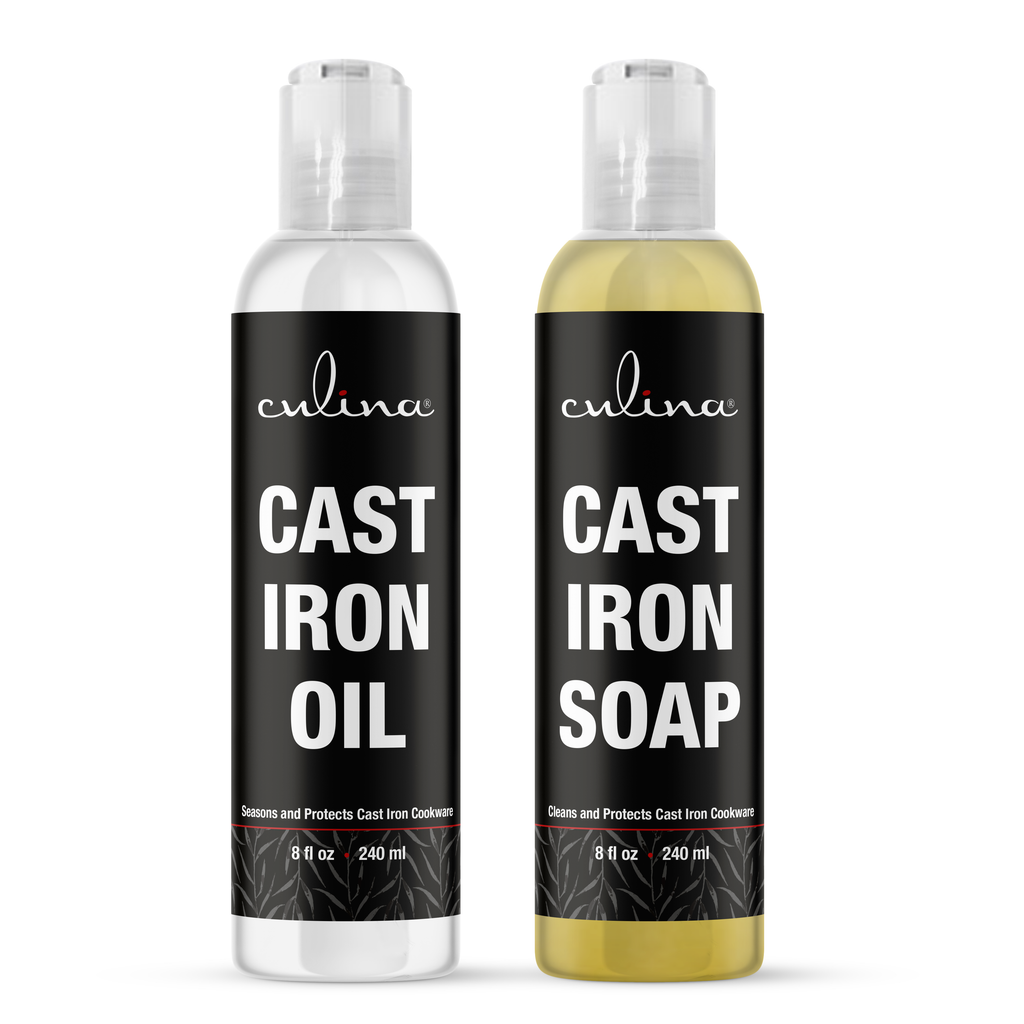What Are the Safflower Oil Benefits for Beauticians and You?
Safflower oil has recently gained notable attention in the beauty and wellness world, attracting beauticians and health enthusiasts alike. What are the safflower oil benefits? This article delves deep into the transformative properties of safflower oil and how it can enhance beauty routines, offering insights that every beautician should know.
Known for its rich nutrient profile, safflower oil is extracted from the seeds of the safflower plant and has been used for centuries. It is high in unsaturated fats, specifically oleic and linoleic acid, which have numerous health benefits. Beauticians looking to elevate their skincare products will find this article particularly enlightening.

Hydration and Moisture Retention
One of the primary benefits of safflower oil is its ability to hydrate the skin. Its high linoleic acid content makes it an excellent emollient, helping to maintain the skin's moisture barrier. For beauticians, using safflower oil in facial treatments can lead to enhanced hydration and a dewy complexion.
This oil is particularly beneficial for clients with dry or sensitive skin, as it penetrates deeply without clogging pores. By incorporating safflower oil into your beauty regimen, you can promote softer, smoother skin and provide clients with optimal hydration.

Anti-Inflammatory Properties
Another remarkable aspect of safflower oil is its anti-inflammatory properties. It can help soothe irritation, redness, and inflammation, making it a great addition for clients suffering from conditions like eczema or psoriasis. For beauticians, understanding how to incorporate safflower oil into treatments for these conditions is essential.
Utilizing safflower oil as a carrier oil in aromatherapy or massage can work wonders. It helps calm inflamed skin, offers relief, and provides a comfortable experience for clients. You can also create custom blends of oils that maximize the therapeutic benefits of safflower oil while addressing individual skincare needs.

Enhancement of Skin Elasticity
What beautician wouldnt want to promote skin elasticity? Safflower oil is loaded with Vitamin E, a potent antioxidant known for its role in skin repair and maintenance. Regular use of safflower oil can help improve the skin's elasticity, giving it a more youthful appearance.
Incorporating safflower oil into a skincare routine can help in minimizing the appearance of fine lines and wrinkles. For a potent skin treatment, create a nourishing oil blend with safflower oil and essential oils to boost its anti-aging benefits.

Boosting Hair Health
Not just limited to skin, safflower oil benefits extend to hair health as well. It can moisturize dry hair, reducing breakage and split ends. Safflower oil's properties allow it to penetrate the hair shaft effectively, providing essential nutrients and hydration.
Beauticians can use safflower oil in hair treatments, helping clients achieve shiny, healthy locks. It also makes an excellent ingredient for hair serums and masks, promoting overall scalp health and hair quality.
Potential Weight Management Aid
Interestingly, safflower oil can also play a role in dietary management. High in polyunsaturated fats, it may help promote fat loss and maintain healthy cholesterol levels when incorporated into a balanced diet. Understand more about dietary aspects here.
How to Use Safflower Oil in Beauty Treatments
Integrating safflower oil into your beauty practices can be fulfilling and beneficial. Here are some practical ways to harness its properties:
- Skin Moisturizing: Apply safflower oil directly to the skin as a moisturizer, or mix it with your favorite lotion.
- Massage Oil: Use safflower oil as a base for massage, combining it with essential oils for added benefits.
- Facial Treatments: Incorporate safflower oil into facial masks for improved hydration and skin elasticity.
- Hair Care: Use it as a hot oil treatment or add it to conditioners for moisture.
Side Effects and Considerations
While safflower oil is generally recognized as safe for most users, it's always best to conduct a patch test before full application, especially for clients with sensitive skin. Some may experience allergic reactions or sensitivities, so as a beautician, being aware of your client's unique skin conditions is vital.
Moreover, while safflower oil is beneficial, moderation is key. Excessive oil usage can clog pores and lead to breakouts, especially for oily skin types.
Frequently Asked Questions
- What skin types are suitable for safflower oil?
- Safflower oil is effective for dry, sensitive, and acne-prone skin thanks to its lightweight and hydrating properties.
- Can safflower oil be used in cooking?
- Yes, safflower oil can be used for cooking due to its high smoke point.
- Is safflower oil beneficial for acne?
- Safflower oil can help with acne due to its anti-inflammatory properties; however, it's essential to tailor usage based on individual skin types.
For more detailed exploration into safflower oil's versatility, you can check out related articles like What is Safflower Oil or High Oleic Safflower Oil.
As an Amazon Associate, I earn from qualifying purchases.

